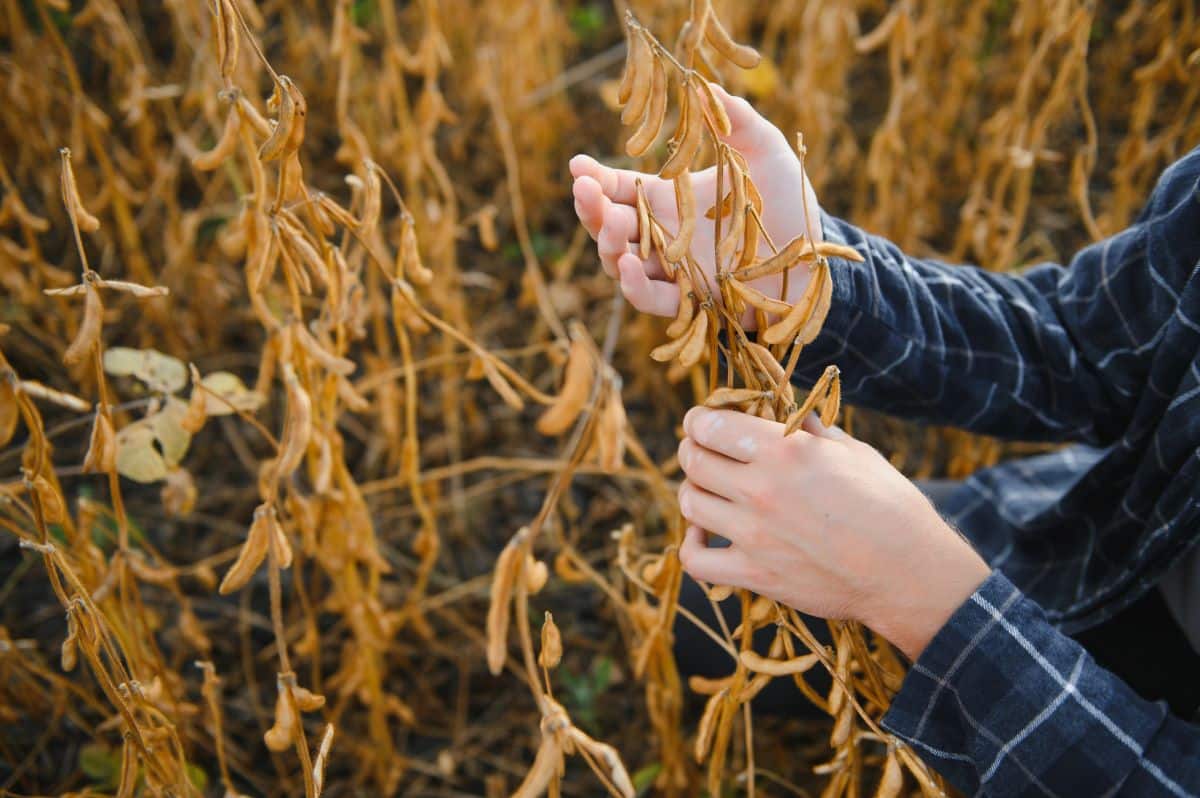Have you ever wondered how Iowa’s farmers are coping with the impacts of climate change? The challenges are significant, but there are efforts underway to help them adapt. The good news is, there are strategies in place. The better news is that Governor Reynolds is leading the charge with supportive measures.
Understanding the Core Issues

Iowa’s agricultural community is at the frontline of a battle against climate change, facing increased rainfall variability, drought, and shifting planting seasons. These changes threaten the very backbone of the state’s economy and the livelihoods of its residents.
The Evolution of Farming in Iowa

Farming in Iowa has always been about adaptation. From the introduction of corn as a staple crop over a century ago to the adoption of biotechnology in the late 20th century, Iowa’s farmers have continuously evolved their practices to meet the demands of both the market and the environment.
Current Trends and Data

Recent statistics from the U.S. Department of Agriculture highlight the urgency of the situation. Iowa has seen a 25% increase in precipitation variability over the last 50 years, leading to more frequent flooding and soil erosion. Crop yield volatility has also increased, with corn and soybean yields swinging widely depending on the year’s weather conditions. Economically, these fluctuations are estimated to cost Iowa’s farming community upwards of $200 million annually in lost crops and damage mitigation.
Gov. Reynolds’ Support for Agriculture

Governor Reynolds has launched several initiatives aimed at bolstering Iowa’s farmers against the challenges posed by climate change. These initiatives include increased funding for sustainable agriculture research, subsidies for farmers implementing water conservation practices, and grants for young farmers to adopt climate-resilient farming techniques.
Increased Funding for Sustainable Agriculture Research

Governor Reynolds has championed policies that allocate more resources towards research in sustainable agriculture. This includes partnerships with Iowa State University and other institutions to develop and disseminate climate-resilient farming techniques.
Subsidies for Water Conservation Practices

To combat the effects of increased rainfall variability, subsidies are provided for farmers who implement water conservation practices. These practices include the construction of wetlands and the use of cover crops to improve soil health and water retention.
Grants for Young Farmers

Recognizing the importance of the next generation, grants have been established to support young farmers. These grants help new farmers adopt modern, sustainable farming practices that are better suited to the changing climate.
Fighting Back with Innovation

Innovation is key to addressing the challenges posed by climate change. Iowa’s farmers are turning to advanced technologies and innovative practices to enhance resilience.
Adoption of Climate-Resilient Crops

Many farmers are adopting drought-resistant and flood-tolerant crop varieties. These crops are designed to withstand extreme weather conditions, helping to stabilize yields despite climatic fluctuations.
Advanced Irrigation Systems

Modern irrigation systems that utilize real-time weather data are becoming increasingly popular. These systems optimize water usage, ensuring that crops receive adequate hydration even during periods of drought.
Tradition Meets Technology

The integration of traditional farming methods with modern technology is a key trend supported by state initiatives. This fusion helps farmers maximize productivity while minimizing environmental impact.
Expert Opinions on Sustainable Practices

Agricultural scientists and climate experts emphasize the need for a comprehensive approach that includes not only technological adaptation but also improvements in crop insurance policies and better predictive climate modeling. They advocate for a blend of grassroots movements and governmental support to forge a path forward.
Community Response to Agricultural Challenges

Local farming cooperatives across Iowa have started more robust mutual aid networks, sharing resources like machinery and knowledge on climate-smart agriculture to help reduce individual burdens and enhance community resilience.
The Role of Agricultural Education

Agricultural education programs in Iowa are now incorporating climate change into their curriculums, preparing the next generation of farmers with the tools they need to thrive in a changing environment. These programs are crucial for sustaining the state’s agricultural legacy.
Economic Implications for Iowa

The stakes are high, not just for farmers but for the entire state economy. Agriculture constitutes a significant portion of Iowa’s GDP, and fluctuations in this sector ripple across other industries, affecting everything from local grocery prices to global export markets.
Looking to the Future

As these initiatives unfold, their real-world impact on Iowa’s farms and communities will be closely monitored. Success here could serve as a model for other states grappling with similar issues.
Is There Hope on the Horizon?

With Governor Reynolds’ policies now in motion and a community poised to adapt, the resilience of Iowa’s farmers will be tested like never before. Will these efforts be enough to mitigate the challenges posed by climate change, or are even more radical solutions needed to preserve Iowa’s agricultural heritage?
Featured Image Credit: Shutterstock / Hryshchyshen Serhii.
For transparency, this content was partly developed with AI assistance and carefully curated by an experienced editor to be informative and ensure accuracy.





